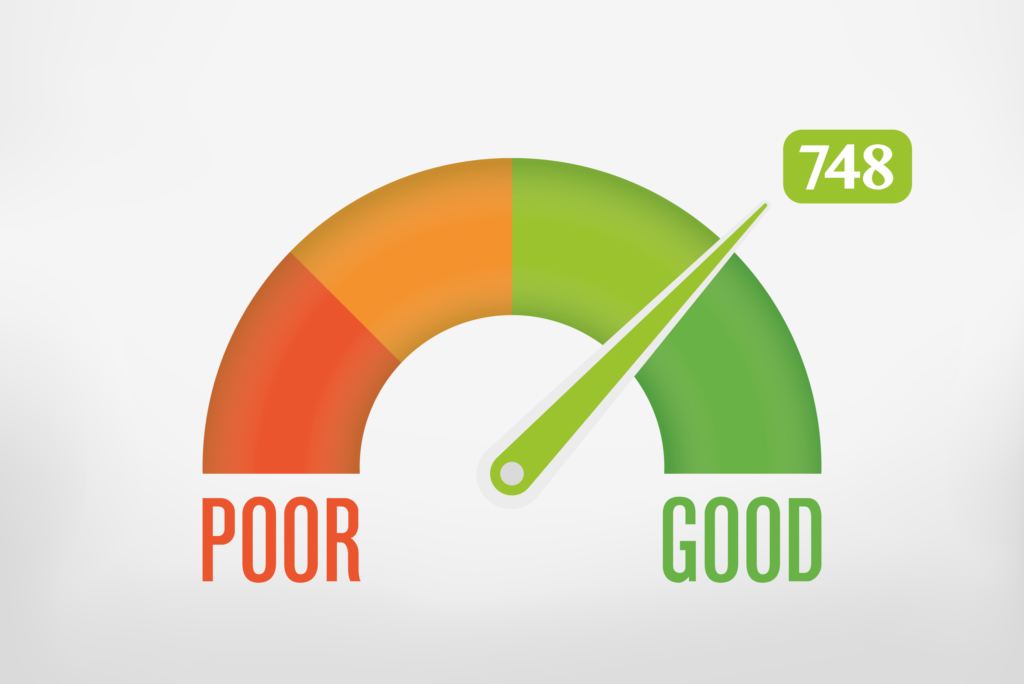
What Is A Good Credit Score?
March 19, 2020
Firstly, what is a credit score?
A credit score is how companies view you when you apply for credit with them. All companies will assess your reliability and creditworthiness before making any decisions. It can be difficult to define a single ‘good credit score’, because there are three leading Credit Reference Agencies, all of whom score you differently.
These companies are-
- Experian– score out of 999
- Equifax– score out of 700
- Transunion (formerly Callcredit)- score out of 710
In addition to the differing ways of scoring, your borrowing history will also has an effect. You may feel you have an impeccable credit rating since you have never had any debt but this can work against you because the lenders have nothing to tell them you are reliable and never miss payments.
In contrast, if you have borrowed sensibly and repaid consistently, this shows that you are reliable and likely to repay a debt. Depending on what a creditor is looking for, individual records on your report may look favourable to one company but less favourable to another.
What affects my score?
Many factors can affect your score, both positively and negatively.
Making an occasional application for credit won’t be too harmful. Still, if you make numerous credit applications in a short time frame, this will work against you and leave a mark on your file. Rejected applications also harm your credit score.
You should use no more than 50% of your credit limit, less if possible. Lenders don’t like to see you ‘maxed out’ as they think you may be a high risk, unable to repay your debt.
Put yourself on the electoral roll. Being on the electoral register verifies who you are and where you live, and how long for. At the same time, it can make you look more stable and settled.
If the accounts on your credit file are all new, this could also lower your score. Older, well-managed accounts are beneficial. Lenders like to see that you’ve repaid credit over the years, it shows a level of trust.
Missing payments or not paying debt at all will have a serious negative effect. Defaulting on a debt altogether carries a more substantial penalty than missing one or two payments.
If you have a CCJ (county court judgement), IVA (individual voluntary arrangement) or are bankrupt, this puts you at a very high risk of not being offered credit. Lenders will see you have gone back on a financial agreement in the past and are far less likely to lend, if at all.
Not having any credit history, as mentioned earlier, can also have an adverse effect. Creditors cannot see if you are capable of repaying a debt.
How do I improve my score?
Looking to improve your score is a sensible move, and there are a few things you can do.
- Check that all credit accounts and payments are up to date.
- Are you well within your credit card limits?
- Only borrow what you can afford to repay.
- Close down any dormant accounts but bear in mind that a long-standing yet well-managed account looks better than none at all.
- Make repayments on time and consistently. Consider setting up Direct Debits to ensure this and pay in full each month if you can.
- Monitor your report regularly so that you recognise any mistakes and be aware of fraudulent activity.
- If you have financial ties to an ex-partner, their credit may be linked to yours. A ‘notice of dissociation’ can be issued to the leading 3 Credit Reference Agencies.
Once you have improved your credit report, you will find that you will get better loan offers and lower APR’s. You will be viewed more as a trustworthy consumer. The high score indicates that you can manage your credit sensibly and make repayments on time.
Unfortunately, improving your score doesn’t happen overnight. Credit files are updated monthly, but it frequently takes longer than that to see changes. Peachyloans.co.uk will help you find a loan for up to £8,000 no matter what your credit score is. We have a wide variety of lenders that can help all circumstances.